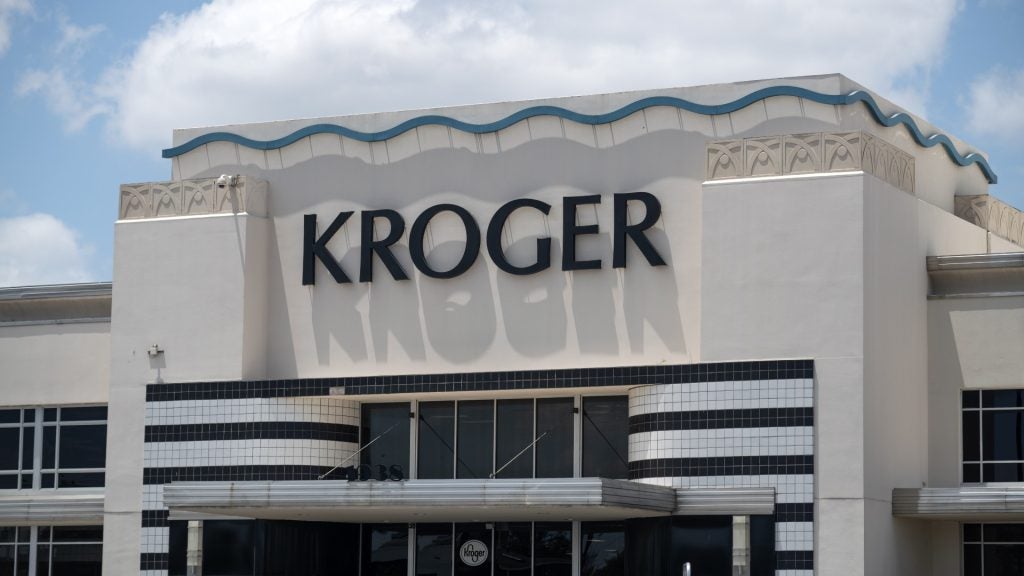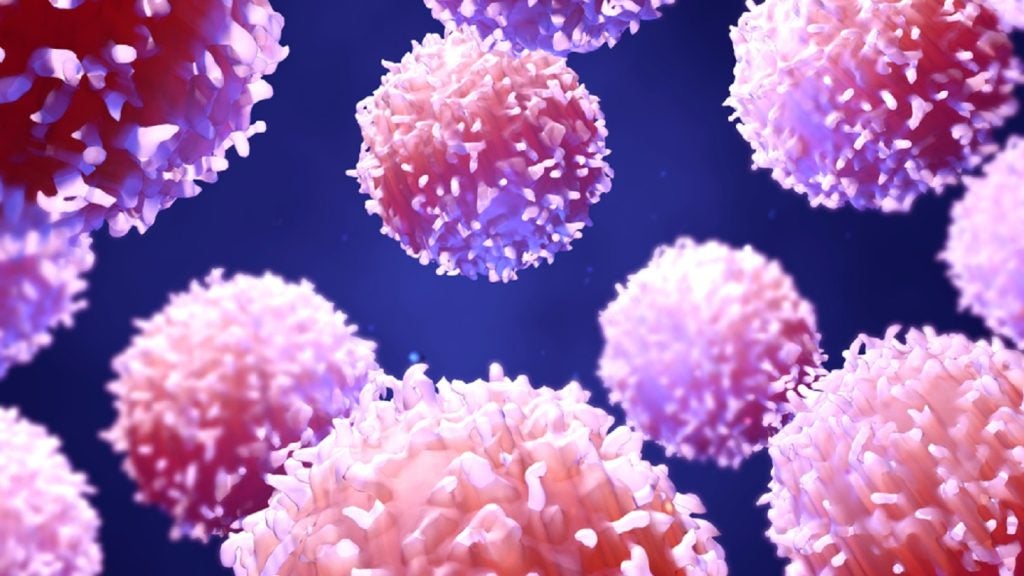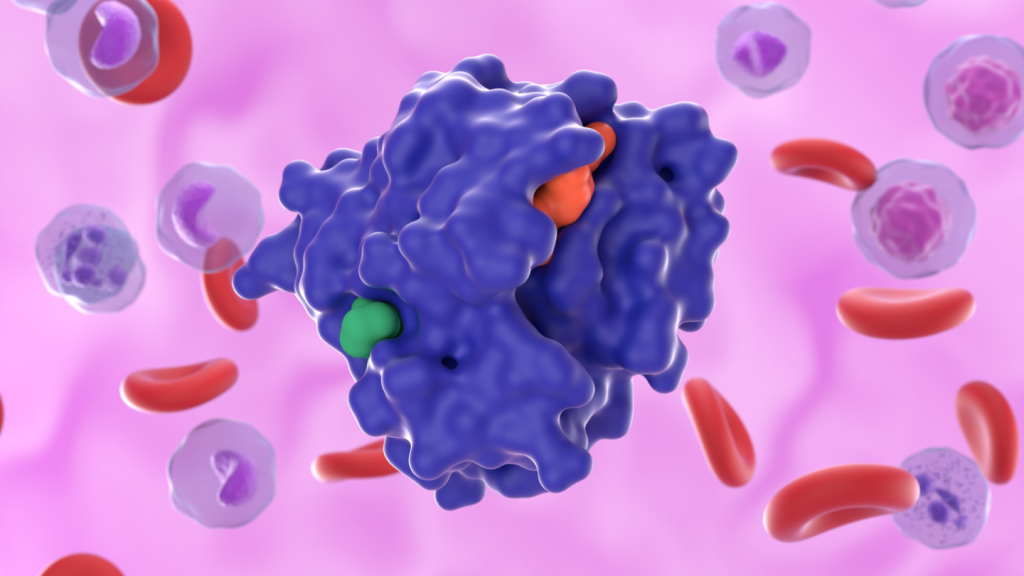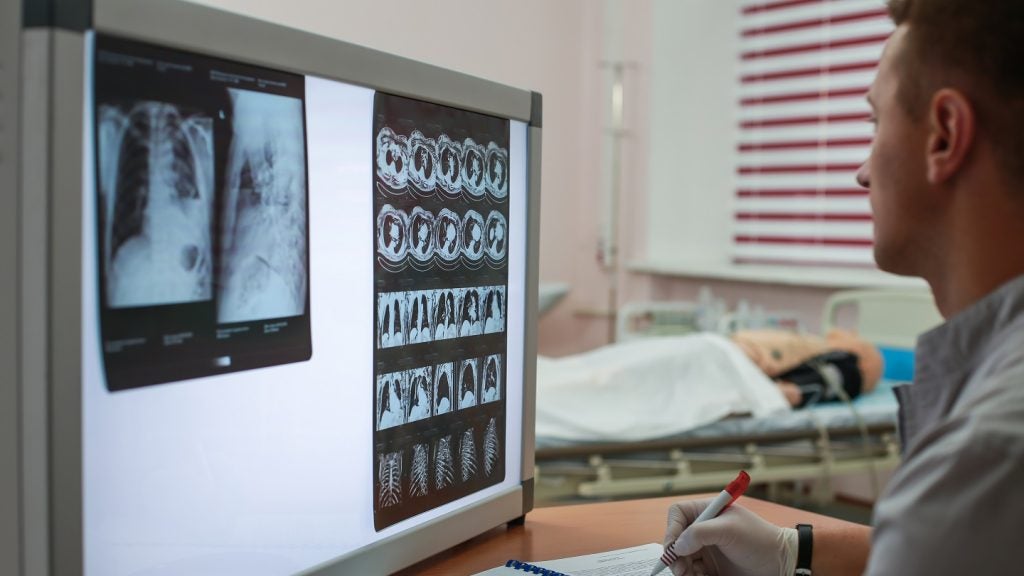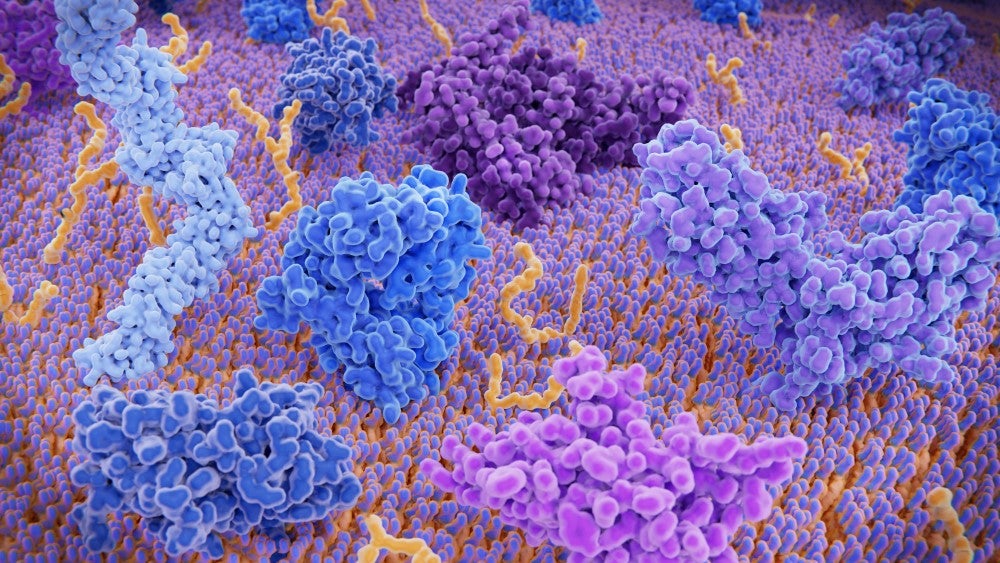Amgen has reported data from a Phase Ib study of the CodeBreaK 101 clinical trial evaluating LUMAKRAS (sotorasib) along with carboplatin and pemetrexed to treat adults with KRAS G12C-mutated advanced non-small cell lung cancer (NSCLC).
Confirmed objective response rate (ORR) of 65% was observed in patients treated in the first-line setting (n=20), with a 100% disease control rate (DCR).
In the second-line setting (n=13), the ORR in assessable patients was found to be 54%, with a DCR of 85%.
ORR of 62% was demonstrated in the first-line setting while it was 50% in the second-line setting in patients with protein ligand-1 (PD-L1) expression less than 1%.
Preliminary rapid and durable responses were also observed in patients followed for a median duration of three months while progression-free survival and overall survival were immature.
Subprotocol F of the study will also assess the efficacy of the combined therapy with or without pembrolizumab maintenance, with docetaxel, or with carboplatin and paclitaxel in patients with KRAS G12C-mutated NSCLC.
In this study, tolerability, pharmacokinetics and safety will also be evaluated.
Amgen research and development executive vice-president David Reese said: “We are delighted to see the positive data from the global CodeBreaK 101 trial further validate our approach to move LUMAKRAS earlier within the treatment paradigm through novel therapeutic combinations.
“Notably, these results follow and further expand upon the Phase II investigator-led data demonstrating favourable efficacy and safety of LUMAKRAS plus carboplatin and pemetrexed in the first-line treatment of patients with KRAS G12C-mutated NSCLC.”
Based on the trial results, the company also commenced a Phase III trial of LUMAKRAS along with carboplatin and pemetrexed in first-line KRAS G12C-mutant and negative for programmed cell death PD-L1 advanced NSCLC.
Enrollment for this study is anticipated before the end of this year.




